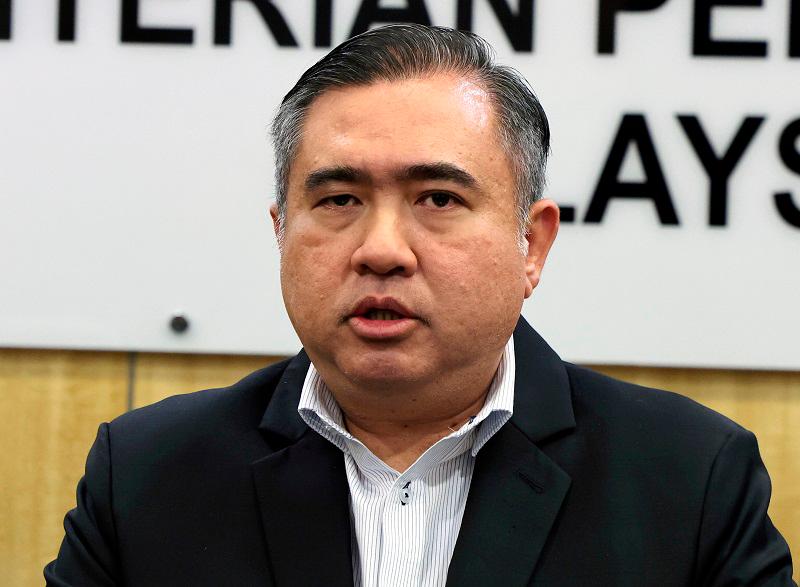PETALING JAYA: The Transport Ministry is ramping up enforcement against overloaded heavy vehicles, with new port-based checks to be introduced starting July 1.
Its minister Anthony Loke said the move is part of a broader effort to enhance road safety and reduce accidents caused by excessive vehicle loads.
Loke, who chaired the National Logistics Task Force (NLTF) meeting on Nov 25 last year, said the ministry will begin implementing stricter measures targeting overloading practices, particularly in logistics operations involving heavy vehicles.
“In that closed-door meeting, I informed key industry players to prepare for tougher enforcement.
“This is a necessary step to safeguard road users and promote systemic safety improvements,“ the Minister said.
Currently, enforcement requires officers to intercept heavy vehicles and escort them to weigh stations, a method that limits the number of vehicles that can be inspected.
The upcoming changes will leverage port infrastructure to screen vehicles more efficiently, expanding enforcement coverage.
“Many heavy vehicles entering or exiting our ports are involved in import and export activities.
“Ports, therefore, serve as an ideal checkpoint to detect and deter overloaded vehicles,” he said in a statement today.
To start, this enforcement strategy will be rolled out across all federal ports in Peninsular Malaysia.
For import transactions, the system will check load compliance at the booking stage.
If a booking exceeds the legal Gross Vehicle Weight (GVW), it will be automatically rejected, and the vehicle will be barred from entering the port to collect cargo.
For export activities, vehicles will be weighed at the port entrance. Those found to be overloaded will be denied entry to deliver their goods.
Further details on the enforcement policy will be communicated to industry stakeholders by the respective port authorities.
Loke urged industry players to fully cooperate with the initiative.
“Improving safety standards may entail higher operational costs, but such investments will pay off by reducing road accidents linked to overloaded vehicles,” he said.









